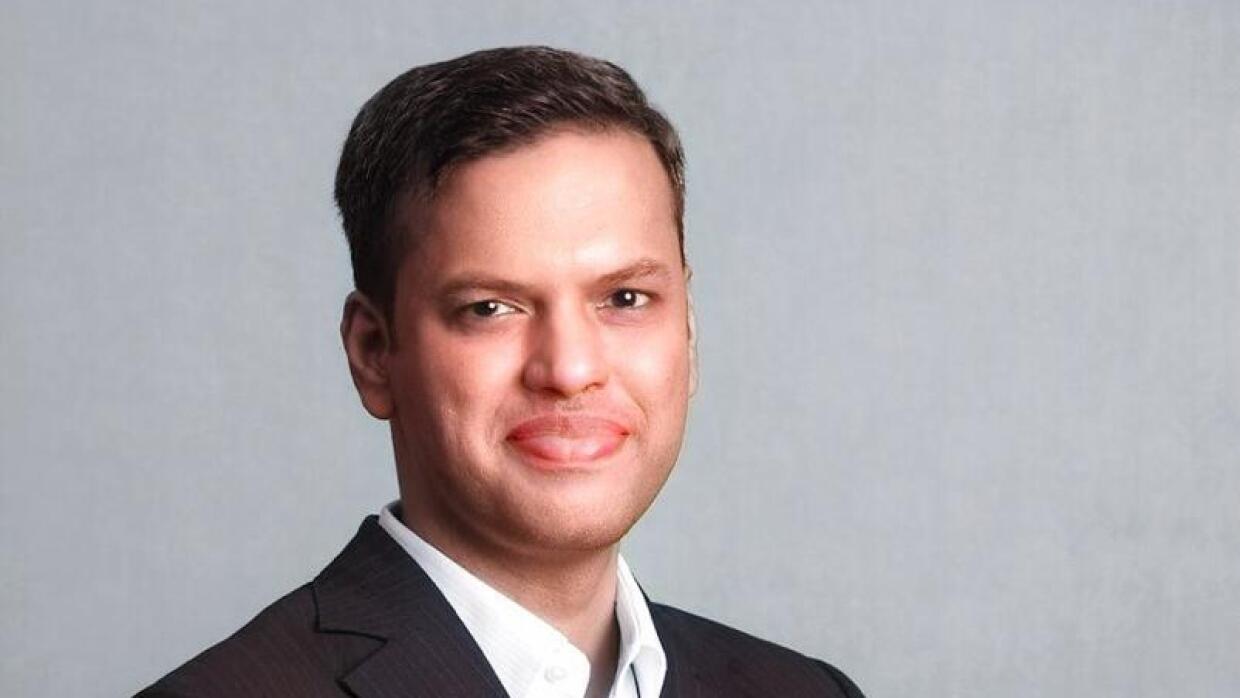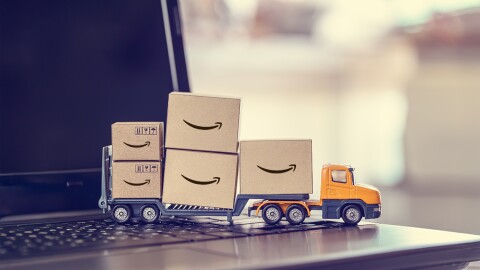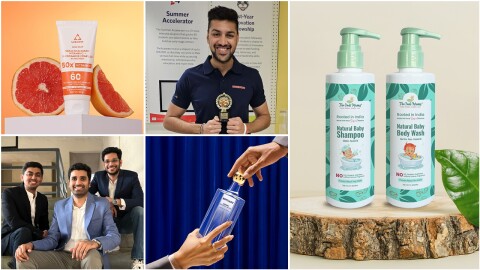Founders that promote frugality and capital efficiency in their startups get a greater degree of investor interest and appreciation, says Hariharan Premkumar, Head of India of venture capital firm DSG Consumer Partners. In a conversation with About Amazon India ahead of the Amazon Global Selling Propel Accelerator Season 2 finale on September 7 (DSG has partnered with Amazon Global Selling Propel Accelerator for seasons 1 and 2), Premkumar talks about key growth metrics that Indian consumer startups should focus on while discussing some the important things to keep in mind while selling globally. Edited excerpts.
DSG Consumer Partners' partnership with Amazon Global Selling:
We have been working with Amazon for the last few years and now, we are also a part of its accelerator program. DSG Consumer Partners is the first exclusive consumer brand-focused fund in our region. We are an early-stage fund, investing in India and Southeast Asia markets. We invest in companies anywhere from inception to the Series A fundraise. About 10 years ago, brands were predominantly built on an offline channel. Today, that has completely changed.
Many brands in our portfolio start their journey through the online channel to target their initial set of early adopters, and then eventually diversify into offline business. This is where e-commerce giants like Amazon are crucial - both for brands and consumers - to enable the discovery of new products and their niches.
It's also the place where people trust the channel and are willing to experiment with new brands across the board.
Expectations from contestants presenting on Demo Day:
At DSG Consumer Partners, we invest in founders that are irrationally passionate about the businesses they are building. Customer pain points need to be articulated in a manner that creates a solution and ultimately makes a difference. The finalists of Propel Accelerator Season 2 need to be true to themselves and play to their strengths. They don't have to become someone else in the pitching session.
Common pain points of selling products globally:
When it pertains to consumer behaviour, every marketplace has its own nuances. It may be a certain way in India, but it will be different in another market. For instance, the purchase frequency in a market like the US might be higher than in India. Europe, for example, is leading in the green revolution and there is a huge preference among consumers for sustainable goods e.g., most brands in the UK give emphasis to glass packaging. Hence, brands have to be thoughtful while creating a product portfolio and it is necessary to establish this in the initial stage itself. Product packaging is a noticeable requirement for every marketplace. Another example is the growing awareness on reducing sugar consumption.
Consumers in many developed markets have a set notion about sugar products and their health implications. They are conscious about this and it’s a matter of time before the same trend is followed in India.
Product categories that have the potential to grow exponentially:
The beauty and personal care segment is the category I see growing exponentially. Brands have scaled up well in the online channel in this industry, whether it’s in India or abroad. At the same time, we have seen brands scaling up across other categories that we've invested in including fashion and consumer durables. So I think there is a significant opportunity for brands to experiment in these industries.
Key metrics for a startup’s growth:
At DSG, we don’t look at metrics like gross merchandise value (GMV) that only focus on the application of discounts and returns on products. Instead, we want founders to focus more on fundamental metrics such as revenues, gross margins, profitability, etc. This is important to build a rock-solid business and an enduring brand. Once the fundamentals are in place, growth , valuation etc. will follow.
Factors DSG considers while investing in a startup:
For us, the main consideration is evaluating whether a founder has an unfair advantage to build a large business and if he or she is building that business for the right reasons. We like to assess what drives a founder to make his or her business grow. The founders that remain frugal and efficient when it comes to managing capital are appreciated over others. So we are always paying attention to how capital-efficient the founder and the business model is.
Cash runaway that a founder should work with:
We always suggest a two-year runway because fundraising takes anywhere between 6-9 months.
If you have two years, you have a good 15-18 months to execute your proposition where you needn't worry about fundraising and can just focus on building your business.
Amazon’s contribution to D2C brands achieving global aspirations
Brands find it a lot more cost-efficient to list their products on platforms like Amazon and acquire their initial set of consumers in comparison to doing it on their own website. Amazon has played an important role in the initial acquisition of early adopters for many of our brands. The Propel Accelerator program is quite interesting as it helps new-age brands test out their products in international marketplaces. That way founders can analyse consumer behaviours across geographies and achieve the ideal market fit for their products. So far, the response has been positive for our brands thanks to Amazon.
Stay tuned for more information on Amazon Global Selling Propel Accelerator Season 2.











